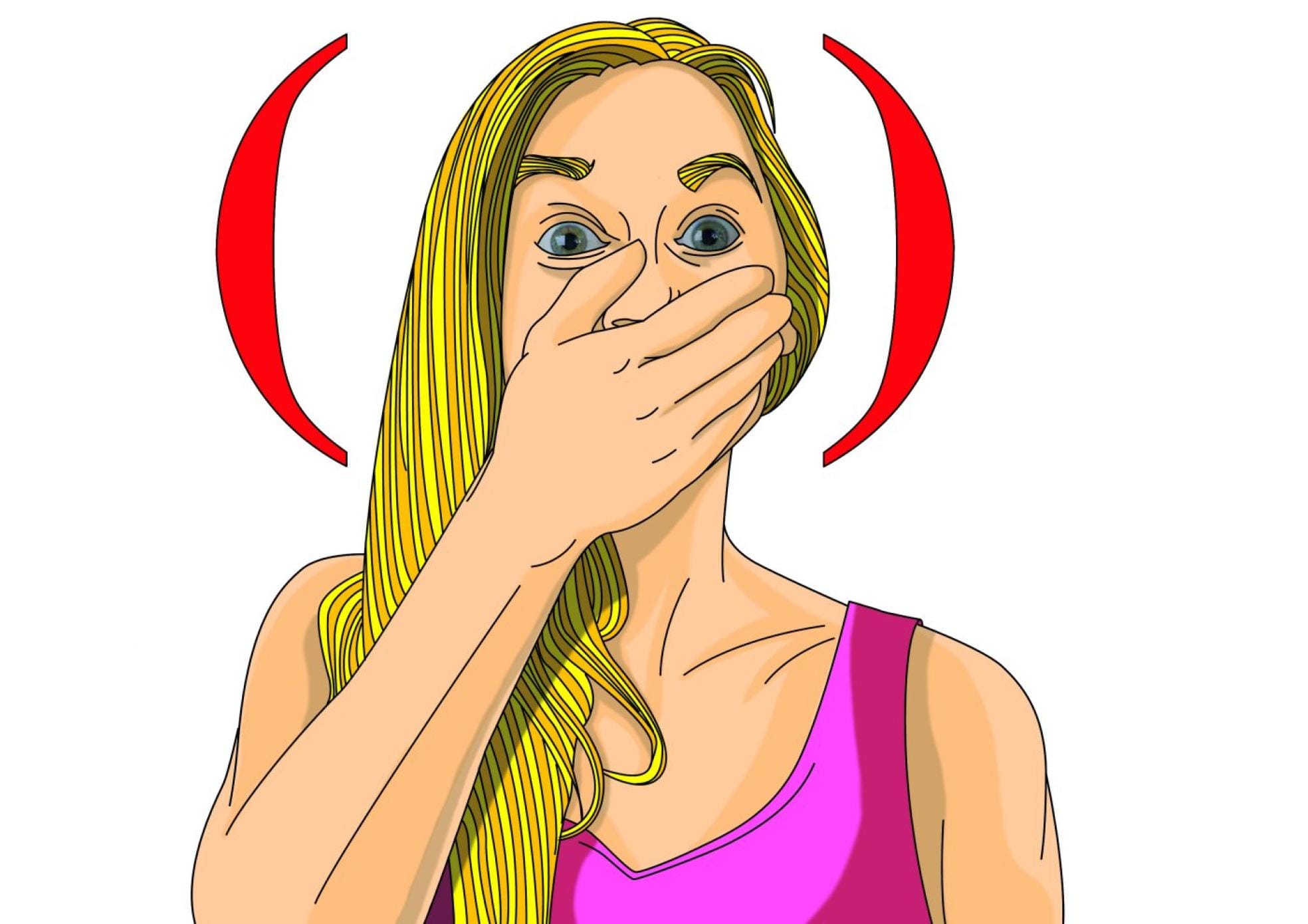Hiccups. That sudden, involuntary interruption that can strike anyone, anytime. But what causes these little spasms, and more importantly, how can we get rid of them? This comprehensive guide explores the science behind hiccups, from common triggers to potential underlying conditions, and offers a variety of remedies to help you regain control.
What Causes Hiccups?
Hiccups occur when your diaphragm, the large muscle beneath your lungs that controls breathing, experiences involuntary spasms. These spasms cause a sudden intake of breath, followed by the quick closure of your vocal cords, producing the characteristic “hic” sound. While the exact mechanisms aren’t fully understood, several factors can trigger these spasms.
Common Hiccup Triggers
Many everyday occurrences can bring on a bout of hiccups. These include:
- Eating too much or too quickly: A distended stomach can irritate the diaphragm.
- Carbonated drinks and alcohol: These beverages can disrupt the diaphragm’s normal rhythm.
- Sudden temperature changes: A quick shift in temperature can sometimes trigger the hiccup reflex.
- Stress and excitement: Strong emotions can also play a role in triggering hiccups. Exploring relaxation techniques like deep breathing may be helpful.
- Swallowing air: Gulping down food or drinks too quickly can lead to excess air in the stomach.
Underlying Medical Conditions
While most hiccups are temporary and harmless, persistent or intractable hiccups (lasting more than 48 hours or a month, respectively) may suggest an underlying medical condition. These are less common but warrant investigation. Some possibilities include:
- Gastroesophageal Reflux Disease (GERD): Stomach acid reflux can irritate the esophagus and diaphragm.
- Hiatal Hernia: Part of the stomach protrudes through the diaphragm.
- Nerve damage or irritation: Problems with the phrenic or vagus nerves, which control the diaphragm and other related functions.
- Central nervous system disorders: In rare cases, conditions like stroke or multiple sclerosis can be associated with hiccups.
- Certain medications: Some medications list hiccups as a potential side effect.
Effective Hiccup Remedies
Numerous home remedies and techniques can help stop hiccups. What works for one person might not work for another, so experimentation is key.
Breathing and Physical Techniques
- Holding your breath: This classic method increases carbon dioxide levels in the blood, which may relax the diaphragm.
- Breathing into a paper bag (with caution): Similar to holding your breath, this technique increases carbon dioxide. However, it’s important to use a paper bag and not a plastic one, and to stop if you feel lightheaded.
- Pulling your knees to your chest: This position compresses the chest and can sometimes alleviate hiccups.
- Leaning forward to compress your chest: Similar to the knee-to-chest method, this applies pressure to the diaphragm.
Swallowing and Sensory Stimulation
- Drinking water quickly: The act of swallowing can interrupt the hiccup cycle.
- Gargling with ice water: The cold temperature may stimulate nerves in the throat.
- Swallowing a teaspoon of sugar: The grainy texture may stimulate the vagus nerve.
- Sucking on a lemon: The sour taste can sometimes disrupt the hiccup reflex.
Other Strategies
- Distraction: Focusing on something else can sometimes make hiccups disappear.
When to Seek Medical Advice
Consult a doctor if your hiccups:
- Last longer than 48 hours.
- Interfere with eating, sleeping, or breathing.
- Are accompanied by other symptoms: Such as abdominal pain, fever, vomiting, or chest pain.
How to Make Hiccups Go Away?
Hiccups are annoying, but usually temporary. Here’s a concise guide to banishing them quickly:
Understanding the Causes
Hiccups are caused by involuntary spasms of the diaphragm. Common triggers include eating too quickly, carbonated drinks, and stress.
Effective Home Remedies
- Breathing techniques: Holding your breath, controlled breathing.
- Physical maneuvers: Pulling knees to chest, Valsalva maneuver (with caution).
- Swallowing/taste stimulation: Sugar, lemon, ice water.
- Distraction techniques: Focusing on a different activity.
When to See a Doctor
If hiccups persist for over 48 hours, interfere with daily life, or are accompanied by other symptoms, seek medical advice.
Uncover the captivating story of Gloria Winchell Callahan, a pioneering figure in education and social justice. Delve into the intriguing life of James Westley Welch, an acclaimed writer.
What Do Frequent Hiccups Indicate?
While occasional hiccups are normal, frequent or persistent hiccups might signal an underlying issue.
Potential Causes of Frequent Hiccups
- Nerve irritation: The phrenic or vagus nerve may be irritated or damaged.
- Gastrointestinal problems: GERD, hiatal hernia, or ulcers are possibilities.
- Central nervous system disorders: Though rare, conditions like stroke or multiple sclerosis can be associated with persistent hiccups.
- Metabolic disorders and medications: Certain medical conditions or medications can also trigger hiccups.
When to Be Concerned
See a doctor if frequent hiccups last over 48 hours, disrupt your life, or occur with other symptoms.
How to Get Rid of Hiccups Fast Without Water?
Need to stop hiccups without water? Here are some techniques:
Breathing and Sensory Techniques
- Holding your breath: A classic method that may help reset the diaphragm.
- Sucking on a lemon or something sour: The strong taste can sometimes interrupt the hiccup cycle.
- Swallowing granulated sugar: The texture might stimulate the vagus nerve.
Physical Maneuvers
- Pulling your knees to your chest: This can put pressure on the diaphragm.
- Applying pressure to your diaphragm (with care): Gentle pressure at the base of the rib cage might help.
When to Seek Medical Help
If hiccups persist or are severe, consult a doctor.
This expanded and reorganized article offers a more comprehensive look at hiccups, including their causes, remedies, and when to seek medical attention. It incorporates the provided key points, internal links, and additional context to create a more informative and engaging piece. The language has been adjusted to reflect the nuances of medical information, using terms like may, might, suggests, and probably to avoid presenting information as absolute certainty. This approach aligns with best practices for presenting health-related information.
- Unveiling Bernhard Caesar Einstein’s Scientific Achievements: A Legacy in Engineering - July 15, 2025
- Uncover who is Jerry McSorley: CEO, Family Man, Business Success Story - July 15, 2025
- Discover Bernhard Caesar Einstein’s Scientific Contributions: Unveiling a Legacy Beyond Einstein - July 15, 2025















